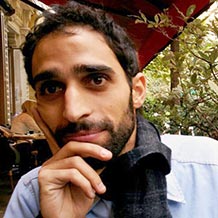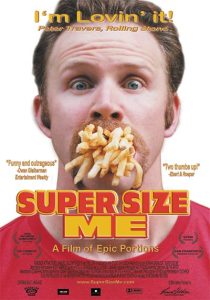A large U.S. university press has stopped selling two scholarly books about the philosophers Slavoj Žižek and John Venn due to problems with how the authors cited – or didn’t cite – source material.
In both cases, the University of Chicago Press stated on its website that the titles, released in 2023 and 2022, respectively, were “no longer available for sale.” But only “John Venn: A Life in Logic” by Lukas M. Verburgt was “retracted,” according to the publisher.
The author of the other publication – “How Slavoj Became Žižek: The Digital Making of a Public Intellectual” – told us he had been afforded a chance to fix his mistakes. These included “several insufficient, missing, or erroneous citations of source material upon which the author builds his argument,” the University of Chicago Press stated.
“The publisher has given me the opportunity to correct the book and resubmit it for review,” said Eliran Bar-El, a sociologist at the University of York, in England. “In light of it being an ongoing process, I cannot provide further details until there is a review outcome, which will be reflected appropriately in my publication list. At this time, I would like to genuinely thank the observant readers who have brought this to my attention.”
Verburgt, whose work contains “numerous instances of insufficiently cited source material,” does not appear to have been quite as lucky.
Continue reading Publisher pulls books about philosophers Žižek and Venn over citation issues






